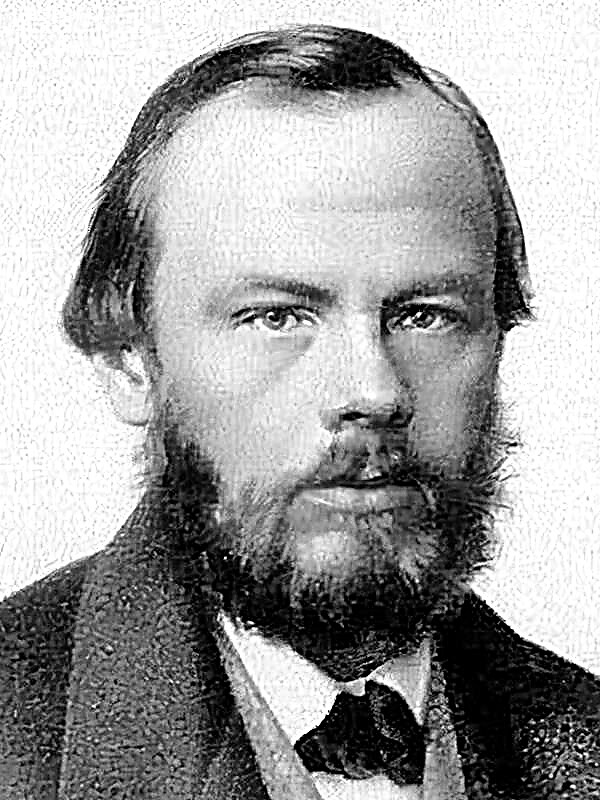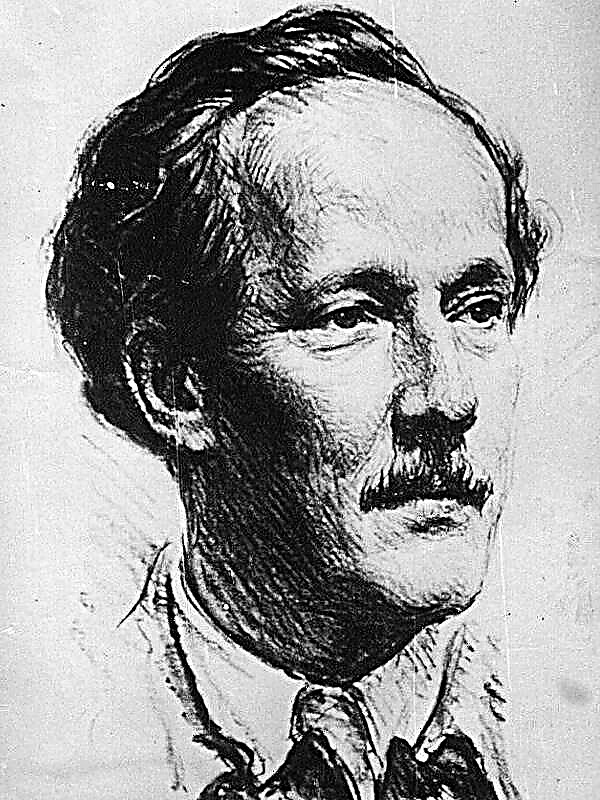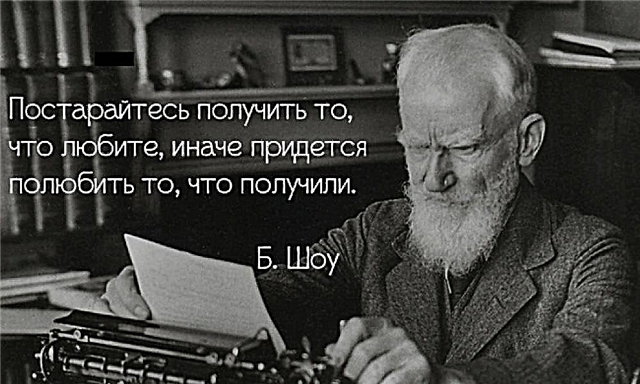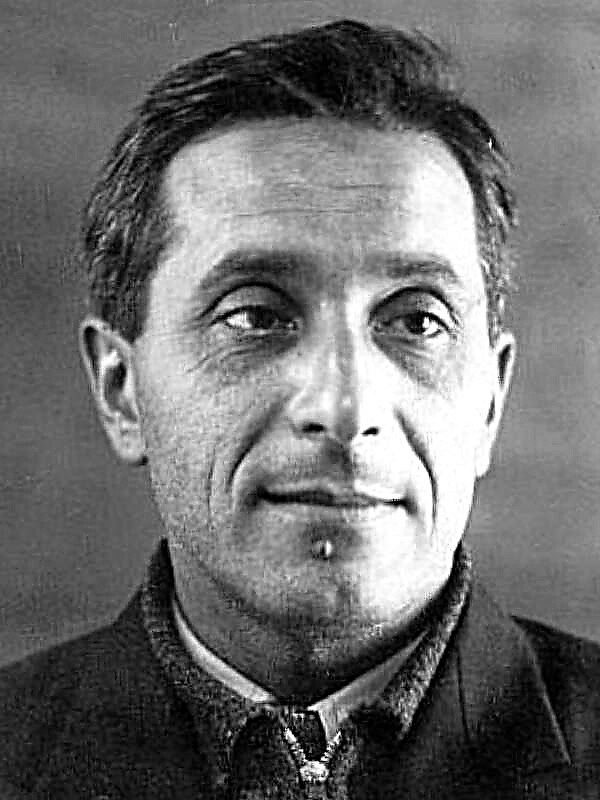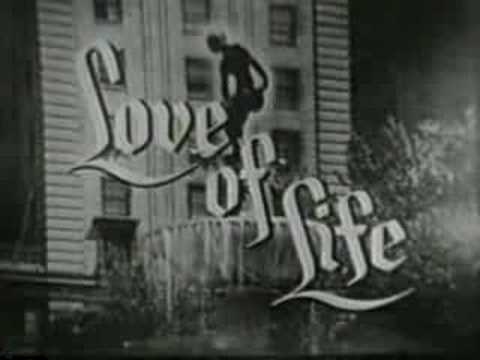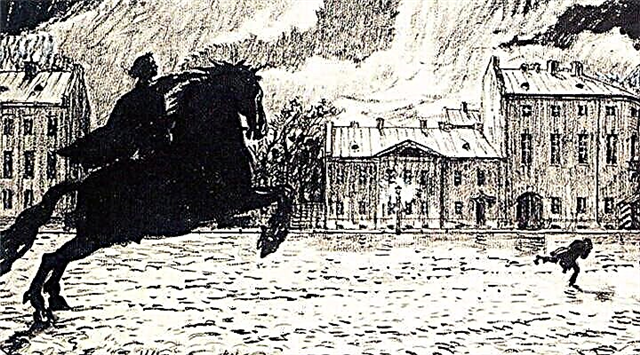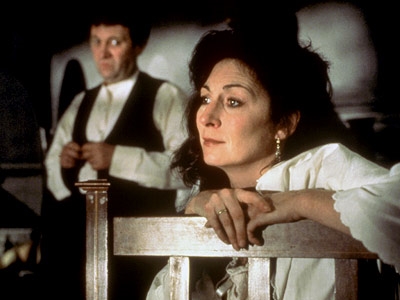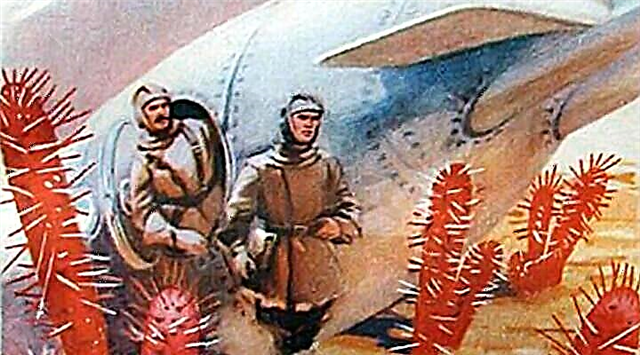(354 words) Female images in the literature play a rather large role. It is the weaker sex that is sometimes destined to show life with all the difficulties and hardships, to convey a certain idea to readers and to influence society as a whole. Artworks A.N. Ostrovsky is famous for the diversity of female images, each of which has its own individuality, but at the same time reflects certain traits characteristic of that time. This is especially noticeable in his drama The Storm, written in 1859.
Katerina Kabanova is the main character of the work, it is precisely her emotional experiences that we observe the whole play. Pure, sincere, sensitive girl, "a ray of light in the dark kingdom." Since childhood, she was surrounded by the love and care of her parents, so she grew up with a passionate and dreamy nature. She was open to the world, she did not have to pretend to express her emotions. But then, after marrying Tikhon, she found herself in a completely different world, saturated with anger and despotism from her mother-in-law. She was unbearable such a life, as a result of which she fell in love with Boris. However, unfortunately, it ended sadly: Katerina could not control her torment of conscience, so she died, deliberately choosing the path of death.
Another striking way in the play was Marfa Ignatievna Kabanova. A rich merchant and part-time mother of Tikhon, mother-in-law of Katerina. She is the personification of tyranny and cruelty - traits inherent in this Kalinov. More than anything, she appreciates the orders and customs regulated by the Homebuilding. Condemns his son and daughter-in-law, because they do not do what is prescribed by law. Even when Katerina confesses her sin, Kabanikha is happy, because she has a reason to always humiliate a young woman. However, at the end of the work of the merchant, she remains alone, because even her only son refused it.
Another interesting heroine in the work was the daughter of Kabanikh - Barbara. A smart and cunning girl who despises the laws of Domostroi, and tries to act differently. It was she who persuaded Katerina to meet with Boris, since in her view you need to do whatever you want. The heroine will never come out openly against cruel orders, but she is ready to fight for her happiness using lies. In the end, Varvara escapes with Kudryash from his home to start another life.
In the play of Ostrovsky we see completely different heroines, differing in their worldview. Each of them represents a certain group of people who lived at that time.

